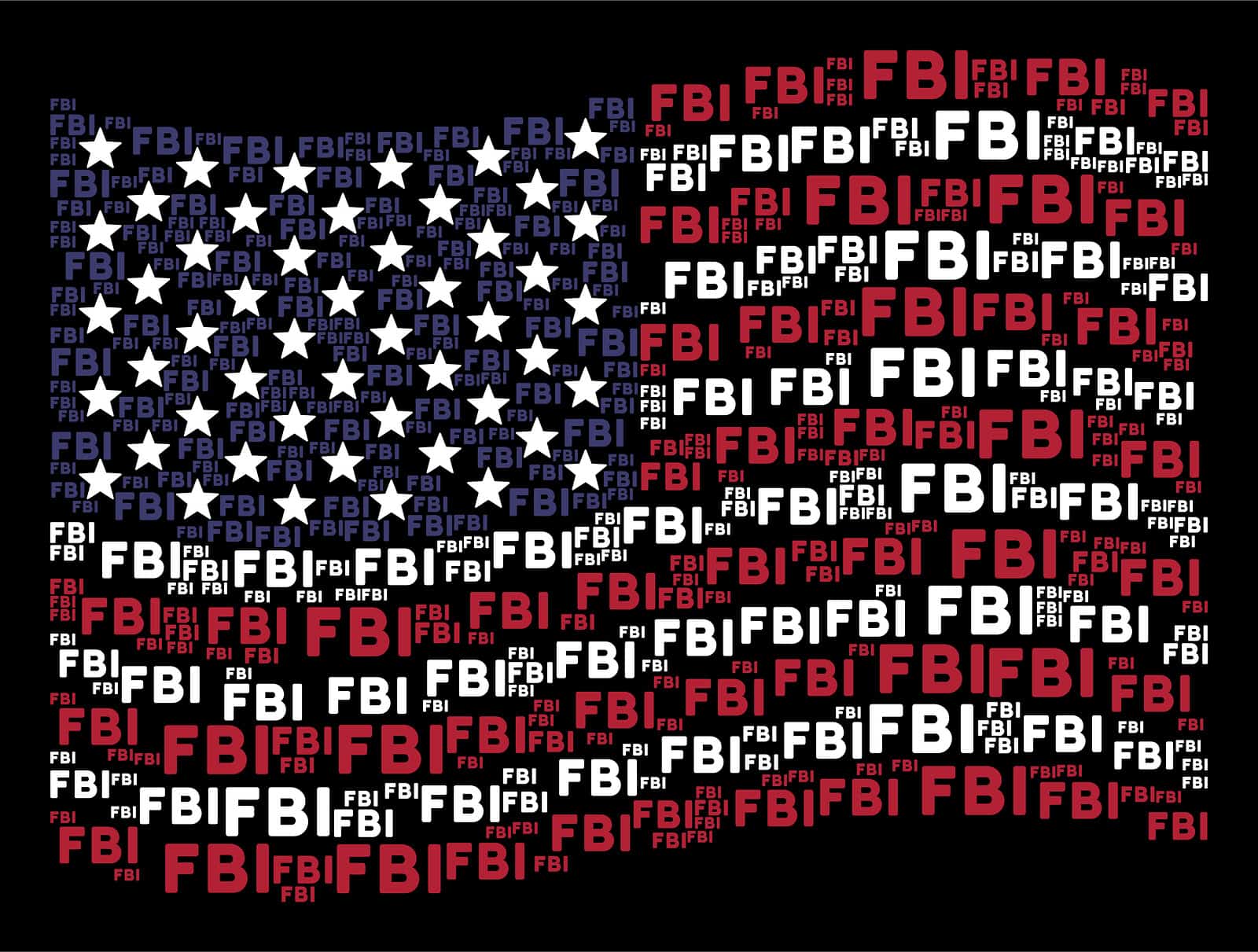Does FBI shutdown of 1Broker exchange signal a new era of U.S. global enforcement?
In a move that could set a worrying precedent, the exchange 1Broker has been shut down in a joint SEC and FBI action - prompting questions as to the limits of the international reach of U.S regulators
Traders opening the website on Friday morning were confronted with a dark blue box, notifying them that the domain — that swapped stocks, equities, and forex with Bitcoin — had been seized by the FBI.
According to the accompanying press release, this was the result of an investigation which saw an undercover agent purchase several security-based Bitcoin swaps on the platform, without providing proof that he met the requirements of U.S securities law.
Along with failing to comply with U.S. KYC/AML requirements, the SEC also allege that 1Broker founder Patrick Brunner is guilty of failing to register the exchange as a dealer of security-based swaps.
"[1Broker] solicited investors from the United States and around the world to buy and sell security-based swaps. Investors could open accounts by simply providing an email address and a user name – no additional information was required – and could only fund their account using bitcoins."
A worrying precedent
Although 1Broker is not based in the US, its parent firm 1Pool — which also incorporates sibling exchange 1Fox — is registered in the Marshall Islands, a territory which falls under the U.S. ‘Compact of Free Association’.
These islands have their own government, constitution, and judiciary, but are closely modelled and overseen under the Compact by the U.S., which the islands maintain a close security and economic relationship with.
Certainly close enough for enforcement of U.S. laws, which the SEC claim is warranted by the need to protect U.S. investors from the illegal trading of securities. In response to these allegations, 1Broker CEO Patrick Brunner points towards the exchange’s Terms of Service, which "explicitly state that customers have to verify that using our service is legal in their country of residence." Whether this point will hold much sway with the SEC, however, is doubtful.
"[The] SEC protects U.S. investors across a variety of platforms, regardless of the type of currency used in their transactions" said director Shamoil Shipchandler in a statement […] International companies that transact with U.S. investors cannot circumvent compliance with the federal securities laws by using cryptocurrency"
The global exchange police
Given the justification for the intervention, some suggest that 1Broker has been targeted as "low hanging fruit" — as a way of warning off other exchanges that are encroaching on similar territory. Compared to behemoths like Binance and BitMex, 1Broker served relatively few traders, only managing to register around 50,000 before it was shutdown.
Although 1Broker’s business model — which involved the brazen trading of U.S. derivative securities — was more explicit than most in its contravention of U.S. regulation, some aspects of the complaint could also potentially relate to other exchanges. Most pertinently, the failure to implement "adequate anti-money laundering and related supervisory procedures." as relating to the ‘know your customer’ regulations being implemented by many exchanges worldwide.
Although Binance and BitMex — located in Malta and the Seychelles respectively — might be further out of U.S. reach, it seems increasingly likely that they will be closing the drawbridge to U.S. investors, or at least fortifying themselves with advanced KYC procedures.
A similar tale was told back in August 2017, when British Virgin Islands exchange Bitfinex was targeted by the SEC as part of an investigation into the treatment of ICOs as securities. Regulators seized the domain, and only later returned it when the exchange agreed that it would gradually discontinue all services to U.S. customers.
Whether or not 1Broker will follow a similar trajectory to Bitfinex is as yet unclear, and former traders with funds locked on the platform still face uncertainty over if or when they will be released.
The exchange now faces the strong possibility of "permanent injunction", which would compel the firm to cease all trading indefinitely, along with penalties and "disgorgement plus interest". Founder and sole shareholder Brunner could even face extradition, as the U.S. does have treaties in place with his home country Austria.
All in all, this represents a stern warning to other crypto exchanges, who are likely to remain no more than one step away from the crack of the US whip. At least, until more widespread uptake of decentralized exchanges — like Bitfinex’s Ethfinex — that could potentially put them completely out of reach.

Don’t miss out – Find out more today




